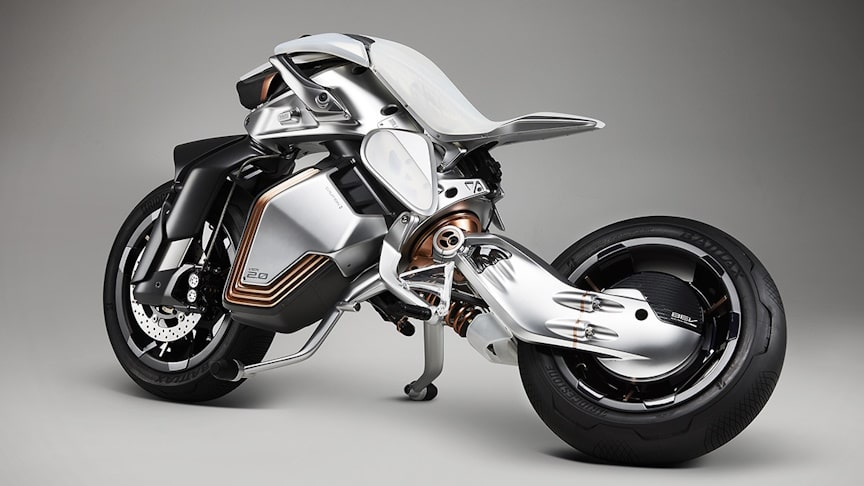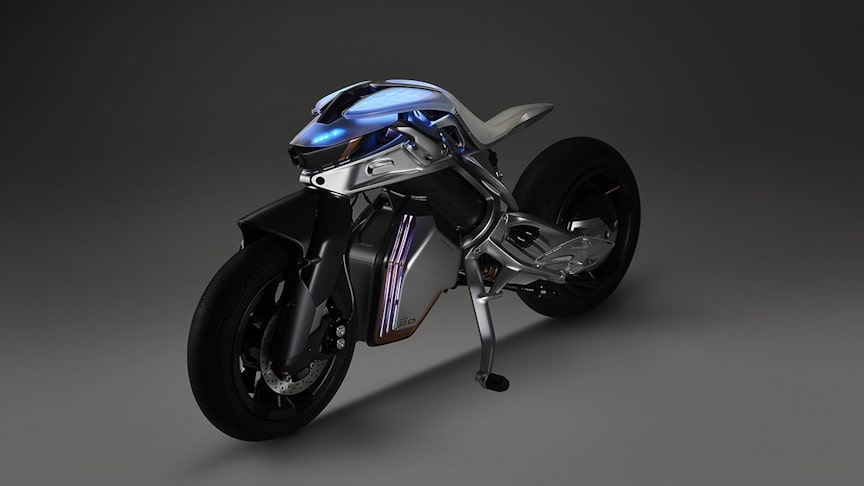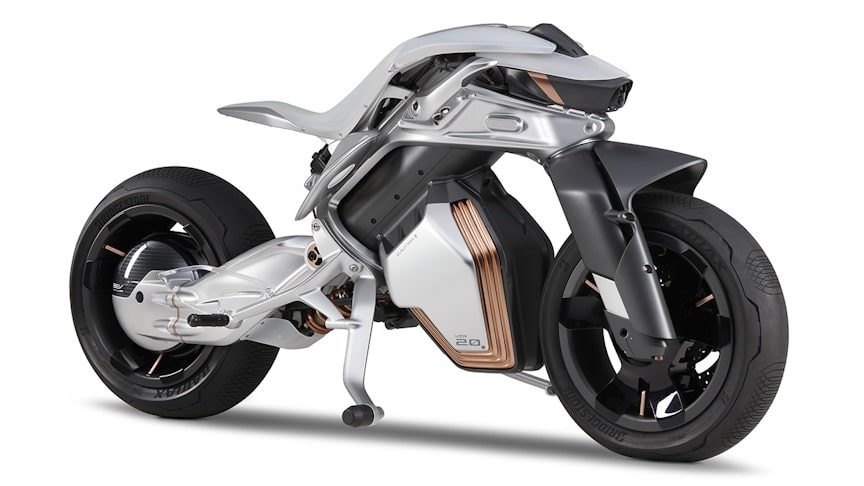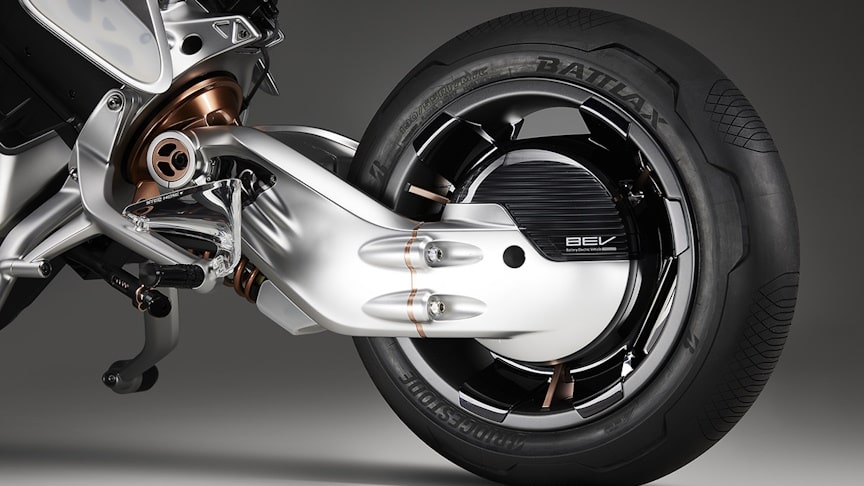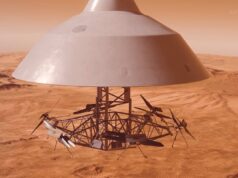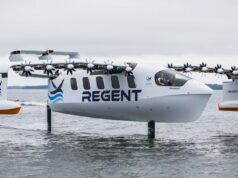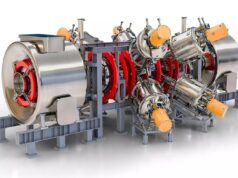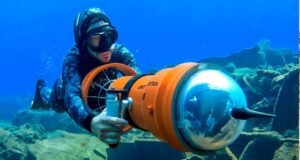What will human–machine interfaces actually be like in the future? This experimental model melds mobility with intelligent technologies in order to study that question.
source.image: yamaha
Yamaha Motor hypothesized that achieving a closer relationship between rider and machine in which they resonate harmoniously with each other like partners would lead to new forms of Jin-Ki Kanno,* and since unveiling the MOTOROiD in 2017, the Company has since continued its R&D into technologies, designs, and more based on that concept.
source.image: yamaha
As a further evolution of the original MOTOROiD, MOTOROiD2 is also a vehicle for personal mobility that can recognize its owner, get up off its kickstand, and move alongside its rider, but also has a distinctly lifelike feel when somebody is riding on its back and has a presence more like a lifetime companion.
Advertisement
The Active Mass Center Control System (AMCES) for attitude sensing and self-balancing as well as the image recognition AI system for recognizing and reacting to the owner’s face and gestures have both been further refined.
source.image: yamaha
source.image: yamaha
Additionally, MOTOROiD2 features a new Leaf structure unlike any motorcycle before, giving the model a chassis specialized for lifelike and complementary reactions to the rider.

